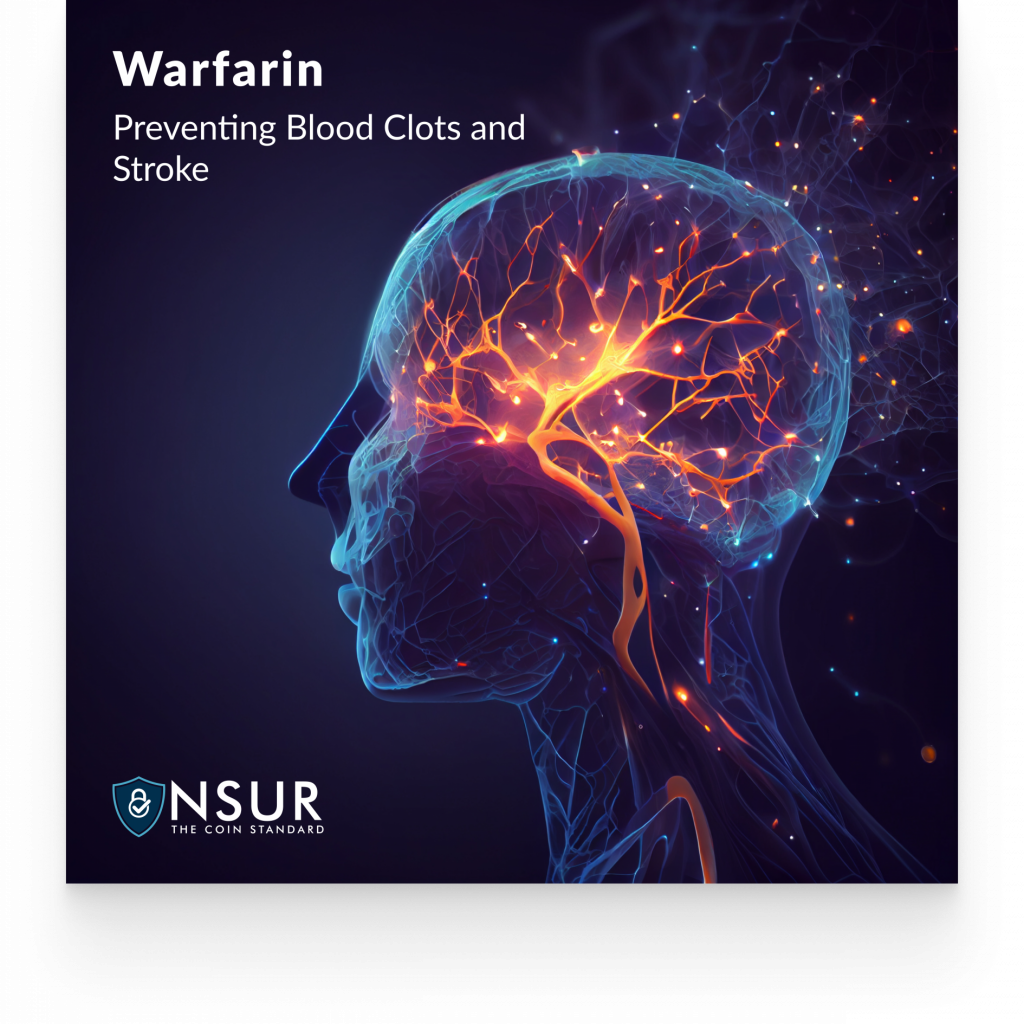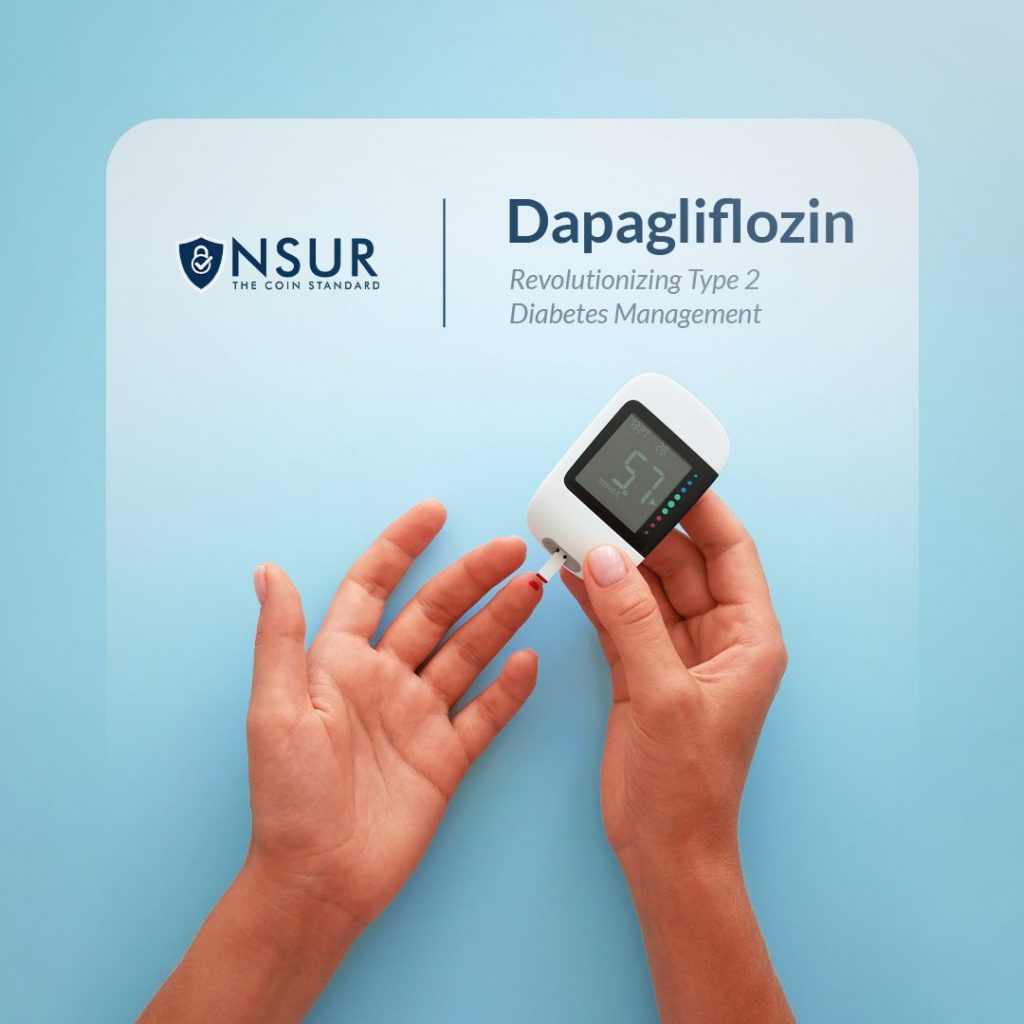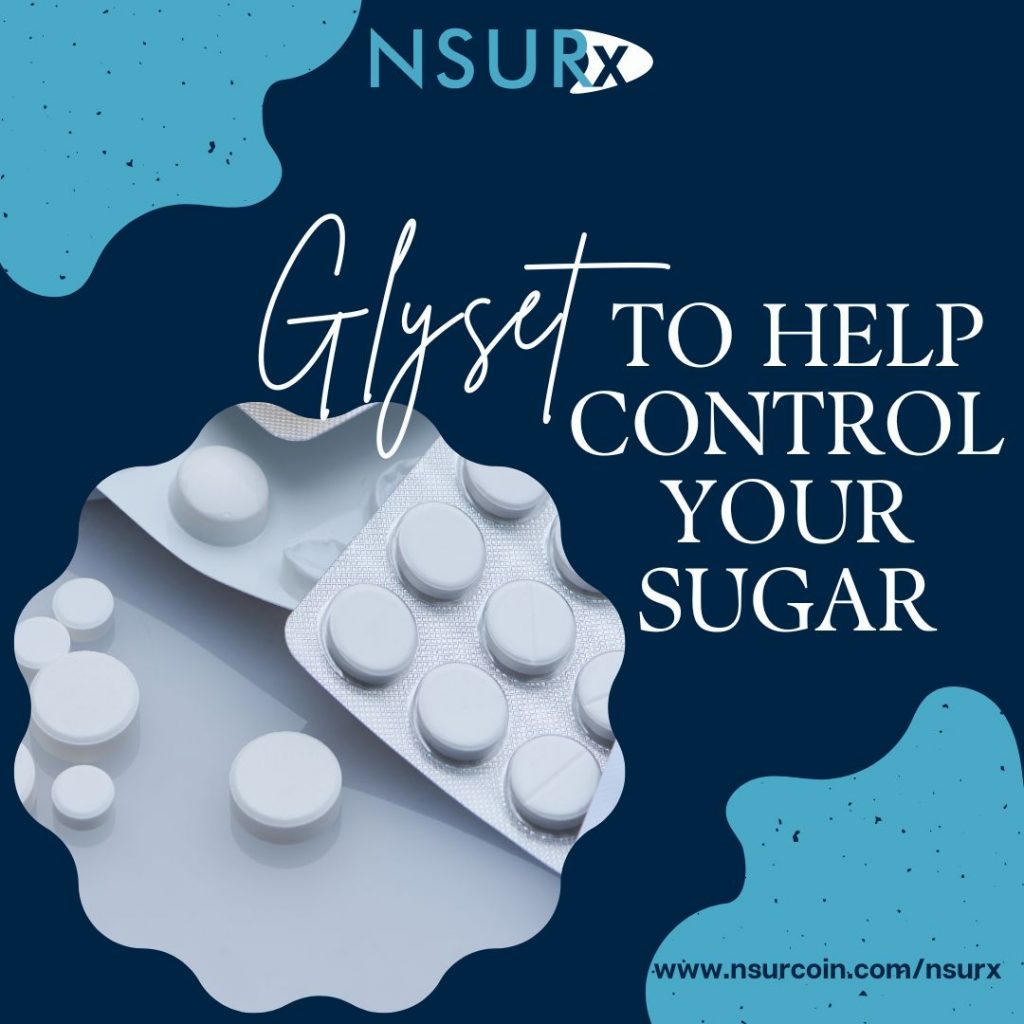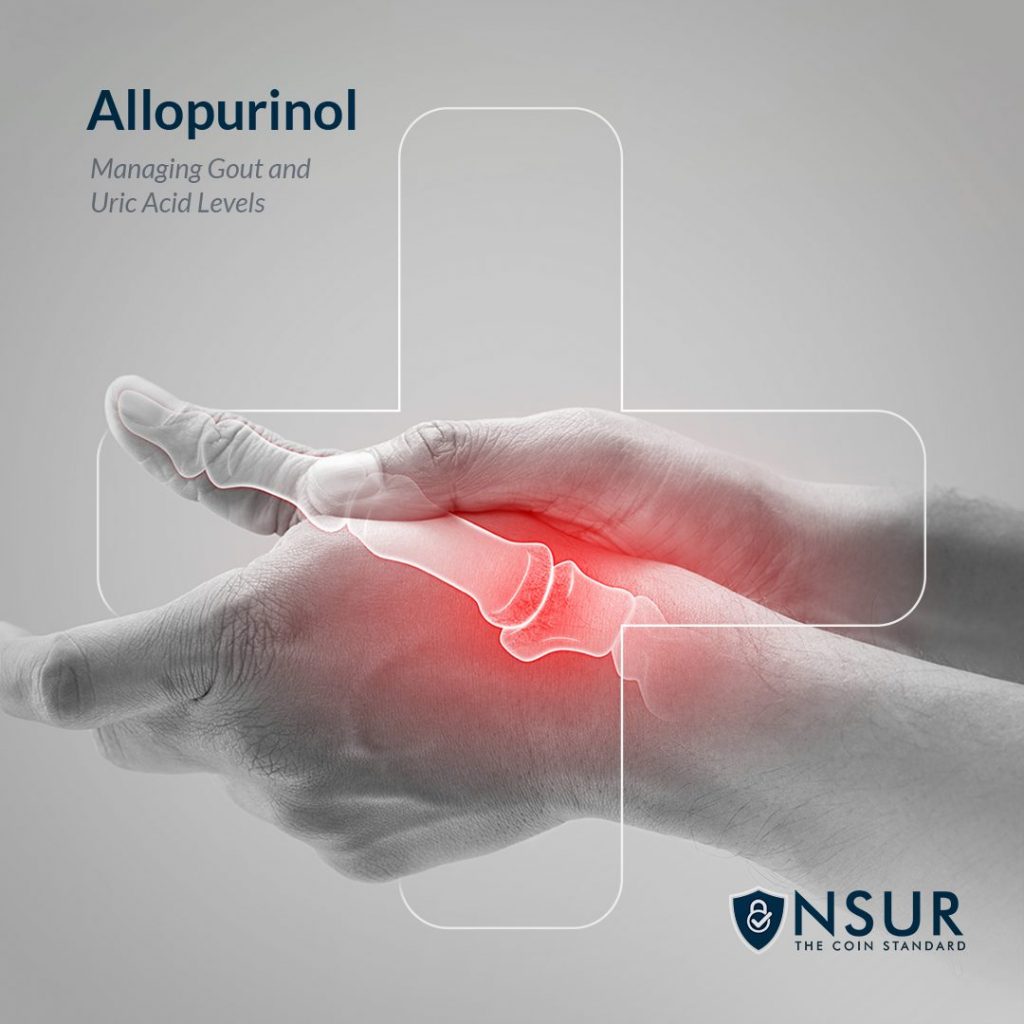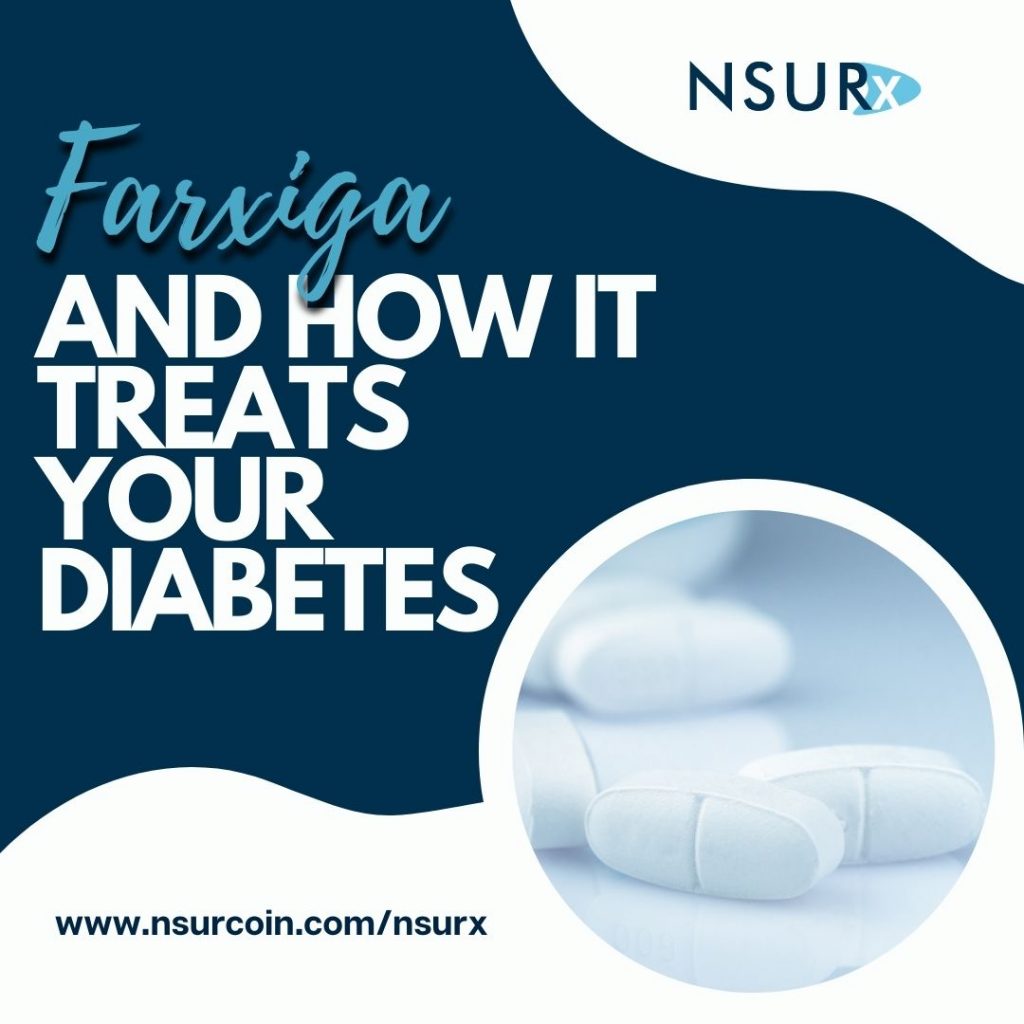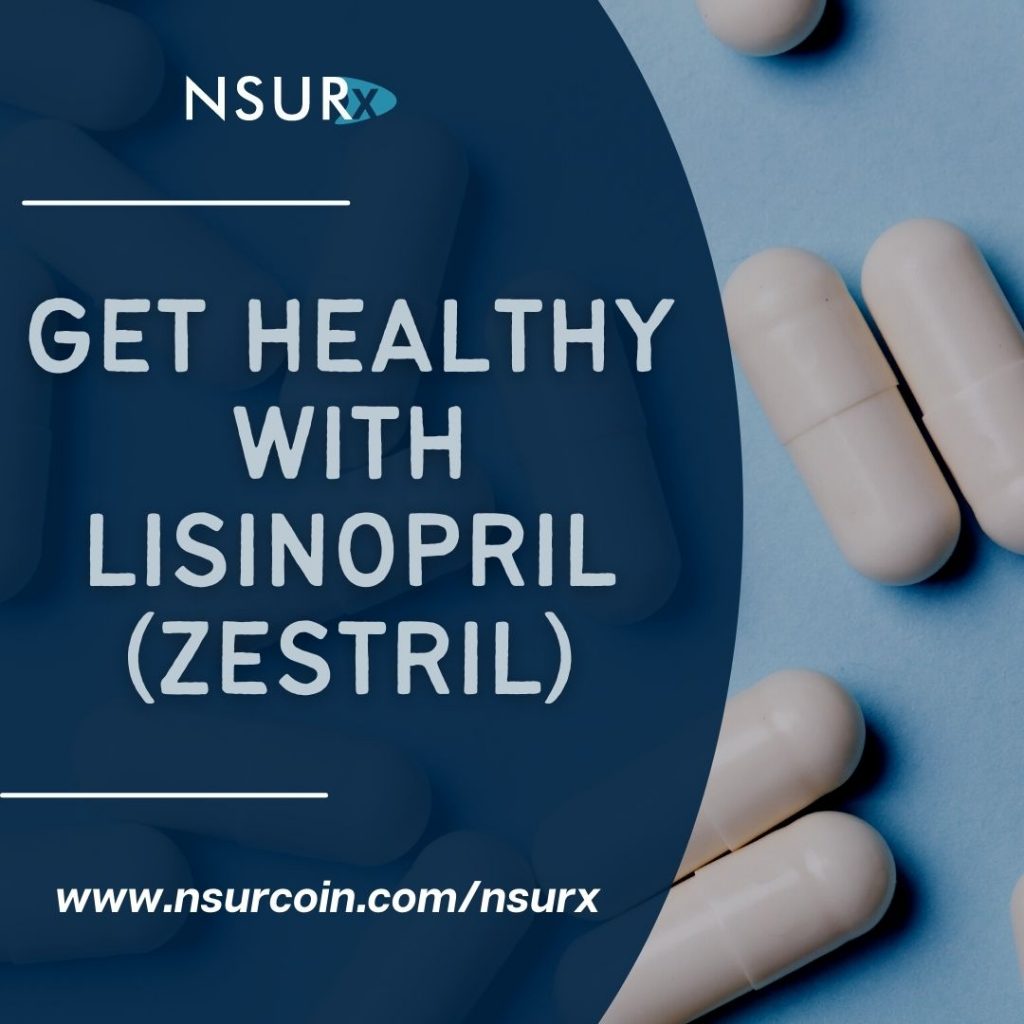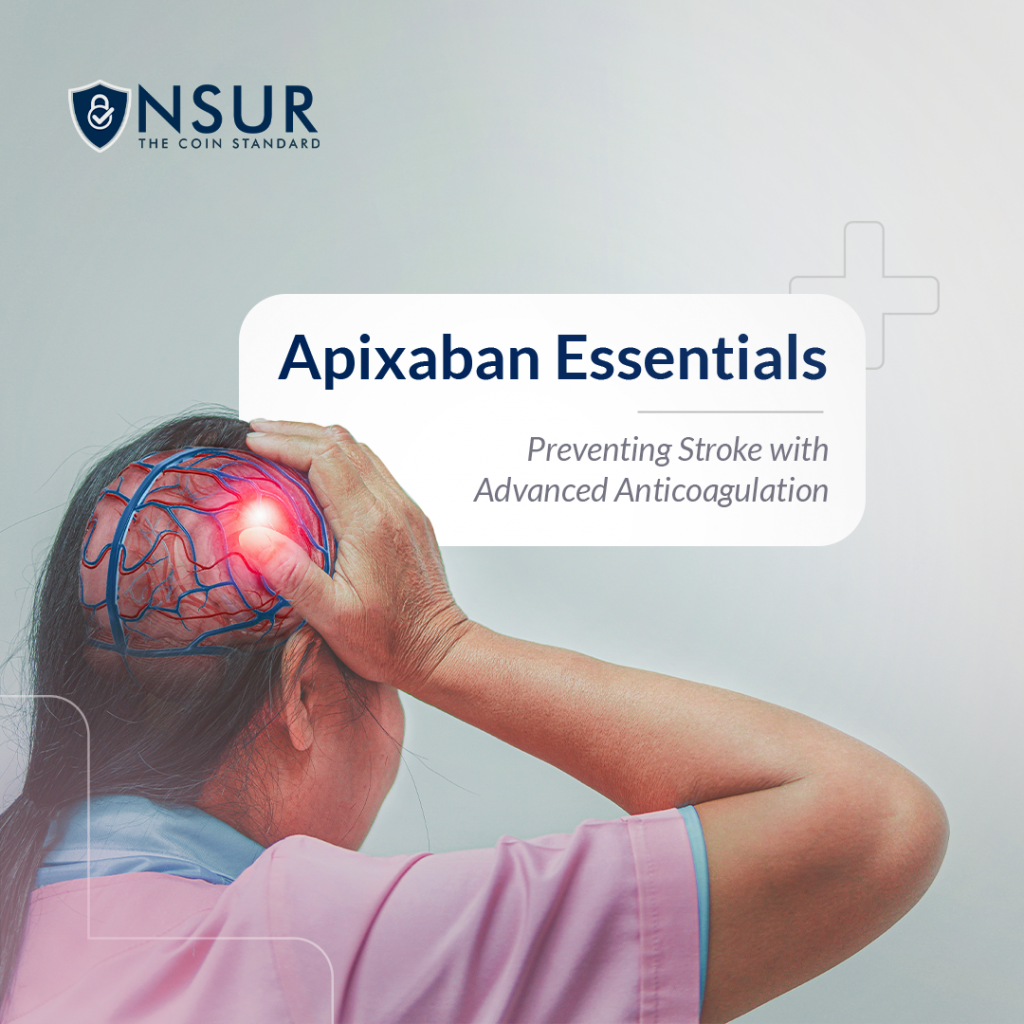
In the ongoing battle against stroke, a formidable adversary that affects millions of people worldwide, medical science has made significant strides. Among these advances, Apixaban stands out as a beacon of hope for those at risk of stroke due to nonvalvular atrial fibrillation (AFib) and other risk factors. This blog delves into the essentials of Apixaban, highlighting its role in preventing stroke through advanced anticoagulation therapy.
Understanding Stroke and Atrial Fibrillation
Stroke is a medical emergency that occurs when the blood supply to part of the brain is interrupted or reduced, preventing brain tissue from getting oxygen and nutrients. Atrial fibrillation, a common and serious heart rhythm abnormality, significantly increases the risk of stroke. It causes the heart’s upper chambers to beat irregularly, which can lead to blood clots forming in the heart. These clots can then travel to the brain, causing a stroke.
The Role of Anticoagulants in Stroke Prevention
Anticoagulants, often referred to as blood thinners, play a crucial role in stroke prevention. They work by reducing the blood’s ability to clot, thus minimizing the risk of clot formation that could lead to stroke. While several anticoagulants are available, Apixaban has emerged as a preferred option for many healthcare providers and patients.
Apixaban: A New Era in Anticoagulation
Apixaban, marketed under the brand name Eliquis, is a novel oral anticoagulant (NOAC) that directly inhibits Factor Xa, an important component in the blood clotting process. By targeting Factor Xa, Apixaban effectively reduces the risk of stroke and systemic embolism in patients with nonvalvular AFib without the need for routine blood monitoring, a significant advancement over traditional anticoagulants like warfarin.
Advantages of Apixaban
- Reduced Risk of Stroke: Clinical trials have demonstrated that Apixaban is highly effective in reducing the risk of stroke in patients with nonvalvular AFib.
- Lower Risk of Bleeding: Compared to warfarin, Apixaban is associated with a lower risk of major bleeding, a common concern with anticoagulant therapy.
- No Need for Routine Blood Monitoring: Unlike warfarin, which requires frequent blood tests to monitor its effect, Apixaban does not require routine INR (International Normalized Ratio) monitoring, offering greater convenience and quality of life.
- Fewer Dietary Restrictions: Apixaban has fewer interactions with food and other medications, allowing for more flexibility in diet and medication management.
Considerations and Contraindications
While Apixaban is a groundbreaking medication, it’s not suitable for everyone. Patients with mechanical heart valves or moderate to severe mitral stenosis should not use Apixaban. Additionally, it should be used cautiously in patients with renal impairment or those taking other medications that affect blood clotting. As with any medication, it’s important to consult a healthcare provider to determine if Apixaban is the right choice.
Incorporating Apixaban into Your Care Plan
If you’re at risk of stroke due to AFib or other factors, discussing the possibility of starting Apixaban with your healthcare provider is essential. They will consider your overall health, medical history, and specific risk factors to determine if Apixaban is appropriate for you.
Take advantage of NSURx for your prescription drugs!
With the NSURx Prescription Benefit Card, you can save money on your medications at more than 35,000 pharmacies across the United States.
You can save up to 80% on your medication by using an NSURx card. Hundreds of dollars in savings could be yours every time you fill out your prescription.
The more you shop with NSURx, the more NSUR Coins you will receive as a reward.
The Future of Stroke Prevention
Apixaban represents a significant advancement in the prevention of stroke, offering hope and protection to those at risk. As research continues and our understanding of anticoagulation therapy evolves, Apixaban and other NOACs will play a pivotal role in safeguarding against stroke, improving patient outcomes, and enhancing the quality of life for millions worldwide.
In conclusion, Apixaban is a cornerstone of modern anticoagulation therapy, offering a potent, convenient, and safer option for preventing stroke in patients with nonvalvular atrial fibrillation. By embracing these advancements, we move closer to a future where stroke is no longer a common or devastating occurrence, but a preventable condition managed effectively through advanced medical science.
Disclaimer
This blog post is intended for informational purposes only and should not be considered a substitute for professional medical advice. Always consult with a qualified healthcare provider for personalized recommendations and guidance.
